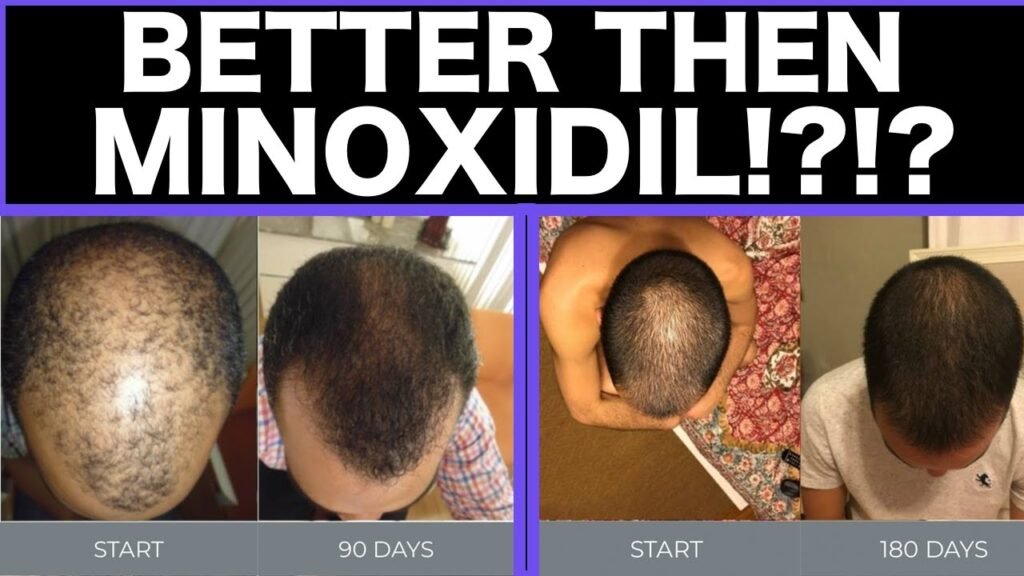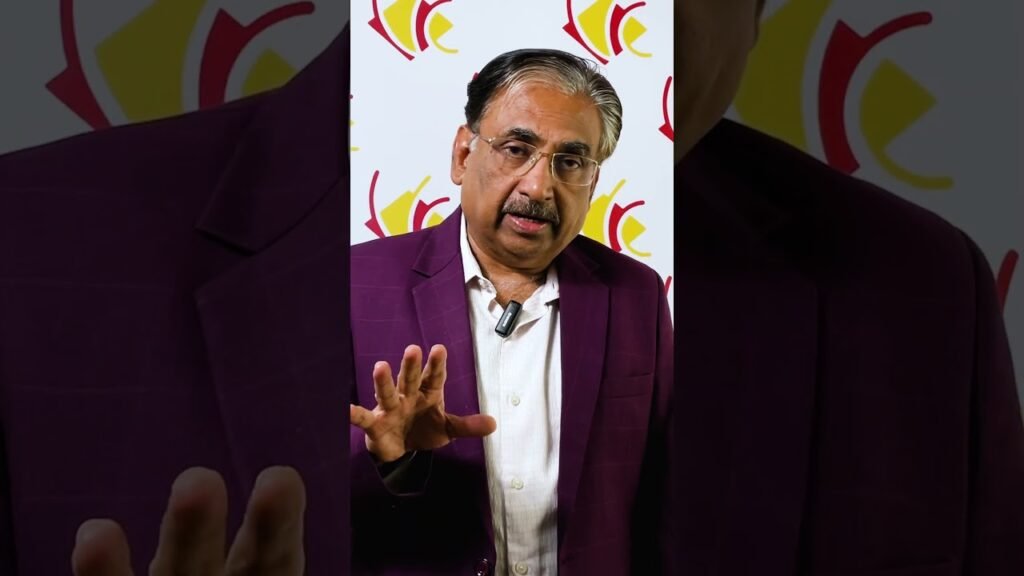What works best: Minoxidil vs essential oils
When it comes to hair growth solutions, two popular options often considered are Minoxidil and essential oils. Minoxidil, a topical medication, is widely recognized for its effectiveness in stimulating hair growth and slowing hair loss. Originally developed as a treatment for high blood pressure, Minoxidil was found to have the side effect of promoting hair growth, which led to its use in treating androgenetic alopecia. It works by increasing blood flow to hair follicles, thereby encouraging hair regrowth. Available in different concentrations, Minoxidil is typically applied directly to the scalp and is known for its clinically proven results in many users.
On the other hand, essential oils have been used for centuries in various cultures for their therapeutic properties, including promoting healthy hair. Essential oils such as rosemary, lavender, and peppermint are particularly popular for hair care. These oils are believed to improve scalp health, strengthen hair, and in some cases, stimulate hair growth. While the scientific evidence supporting essential oils for hair regrowth is less robust compared to Minoxidil, many users report positive outcomes. Essential oils are often combined with carrier oils like jojoba or coconut oil and massaged into the scalp to enhance their effects.
When comparing Minoxidil and essential oils, its important to consider individual needs and preferences. Minoxidil is a pharmaceutical option with extensive research backing its efficacy, making it a reliable choice for those seeking a proven solution. However, it may cause side effects such as scalp irritation or unwanted facial hair growth. In contrast, essential oils offer a natural alternative that may appeal to individuals seeking a holistic approach. Although the results may vary, essential oils are generally well-tolerated and can be part of a broader hair care routine that includes relaxation and aromatherapy benefits.


